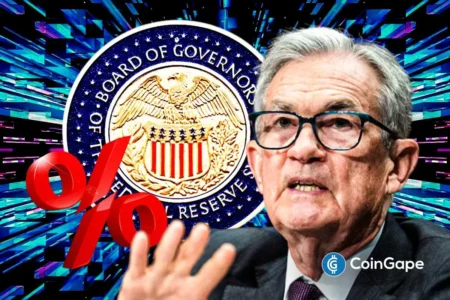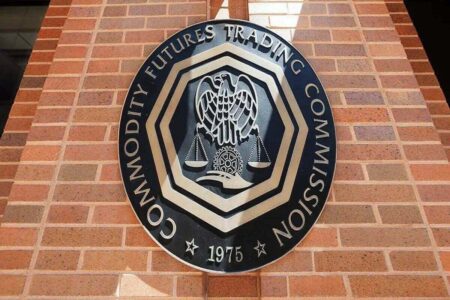Windtree Therapeutics Faces Delisting from Nasdaq: Implications and Next Steps
Windtree Therapeutics recently announced it would be delisted from the Nasdaq Capital Market after failing to meet necessary listing requirements. This decision, driven by regulatory standards and market realities, prompted a significant stock sell-off that has raised questions about the company’s future. Windtree has been struggling with its stock price, unable to comply with Nasdaq Listing Rule 5550(a)(2), which mandates a minimum bid price of at least $1 per share. After Nasdaq officially notified Windtree on August 19, 2025, trading in its shares was suspended on August 21. The firm plans to transition to trading on the Over-the-Counter (OTC) markets under the ticker WINT, although this move presents its own challenges.
Chief Executive Officer Jed Latkin confirmed the company’s commitment to maintaining all reporting obligations with the Securities and Exchange Commission (SEC) despite the delisting. Windtree’s operations are reportedly continuing unaffected, although many investors remain skeptical about its ability to raise capital in the OTC market. Trading on the OTC markets typically provides lower liquidity and visibility, meaning the company may find it more difficult to attract investment moving forward. This uncertainty could significantly impact its overall financial health and growth prospects.
The fallout from Windtree’s delisting was swift; shares plunged more than 76% in a single day, dropping from $0.48 to just $0.11. Over the course of a month, the stock has lost over 90% of its value, and it has seen a staggering decline of over 99% year-to-date. This drastic sell-off reflects the immense concern among investors regarding the uncertain future of Windtree after moving away from a major exchange. The company had previously warned of its noncompliance, but the latest developments have reaffirmed these fears.
Interestingly, despite Windtree’s stock collapse, another notable cryptocurrency, Binance Coin (BNB), saw an uptick following the announcement. BNB’s price increased by more than 3% over 24 hours, closing at $852.14, and has experienced consistent growth over the past year, rising more than 52%. This divergence highlights a complex relationship between traditional biotech firms and cryptocurrency markets, as Windtree recently adopted BNB as part of its corporate treasury, undoubtedly making it one of the rare public healthcare companies exploring cryptocurrency funding.
Windtree’s unusual strategy of integrating cryptocurrency into its corporate treasury strategy, notably holding Binance Coin, could offer a new avenue for financial stability amid its challenges in the biotech sector. This innovative approach may also attract investors looking for a unique investment opportunity that merges biotech with digital assets. However, its success hinges on how effectively the company can execute this strategy while also regaining investor confidence after the stock’s steep decline.
In conclusion, Windtree Therapeutics’ pending delisting from the Nasdaq Capital Market represents a significant juncture in its operational strategy. The firm’s transition to OTC markets raises critical questions about its liquidity and ability to attract investment moving forward. The contrasting performance of Binance Coin presents intriguing possibilities for Windtree as it seeks to carve out a niche within the intersection of biotech and cryptocurrency. Stakeholders and investors alike will be closely monitoring the company’s next steps as it navigates this challenging financial landscape.
















